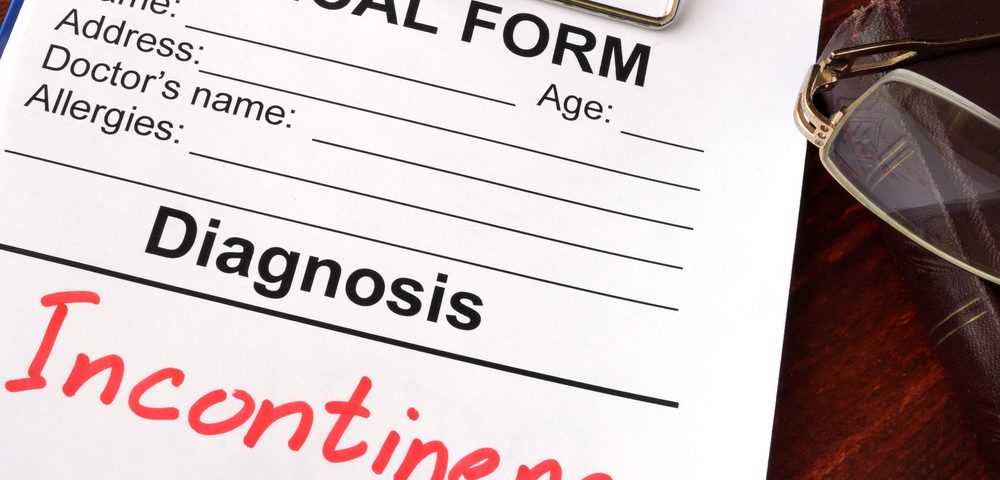Stress-triggered urinary dribbling among men who have had a particular kind of prostate-reduction surgery is more common when they are older and have larger prostates, according to a Chinese study.
The findings prompted the researchers to urge urologists to consider age and prostate volume when deciding whether to recommend plasmakinetic enucleation (PKEP) surgery to a patient. That procedure is one of a number of surgical options for an enlarged prostate, or benign prostatic hyperplasia.
Coughing, sneezing, exercising or other physical activity can trigger the involuntary dribbling, which is known as stress incontinence.
The study, “Older Age and Larger Prostate Volume Are Associated with Stress Urinary Incontinence after Plasmakinetic Enucleation of the Prostate,” was published in the journal BioMed Research International.
Men who have prostate surgery report various degrees of stress incontinence, regardless of the type of operation.
No studies had been done about how common it is after PKEP, however. Nor had there been research dealing with the risk factors for incontinence among those who have the surgery.
A team at the First Affiliated Hospital of Fujian Medical University decided to study the issue. They recruited 1,288 patients who had had a PKEP operation between 2008 and 2015.
To ensure that their findings dealt with stress incontinence rather than what is called urge incontinence — dribbling that occurs when someone has an urgent need to urinate — the researchers asked the men two questions.
The question that a yes answer defined as stress incontinence was: “Does urine leak when you cough, sneeze, run, jump, lift weights, or go up the stairs?”
The question that a yes defined as stress incontinence was: “Does urine leak when you have a sudden, urgent desire to pass urine and you lose bladder control before you can get to a restroom?”
If patients answered yes to both questions, they were defined as having a mixed incontinence problem.
Eighty of the 1,288 patients said they developed stress incontinence after PKEP.
The vast majority said the problem disappeared within six months of the surgery, however. In fact, 91.3 percent said they were better after only three months. Only 2.5 percent experienced stress incontinence after a year.
An initial analysis linked stress incontinence to a man’s age, prostate volume, PSA level, quality of life score, and the time it took doctors to complete the surgery.
When the team performed an analysis that took multiple factors into account at the same time, only two risk factors remained.
Patients who were 70 years or older were at nine times greater risk of developing stress incontinence than younger men. A prostate volume of 90 ml or more was also associated with a much higher risk of a patient developing stress incontinence.
The good news was that the study indicated that stress incontinence was temporary in most men who have a PKEP operation.
“We suggest that age and prostate volume be considered in preoperative candidate selection before PKEP to reduce the occurrence of postoperative SUI [stress urinary incontinence],” the researchers concluded.

